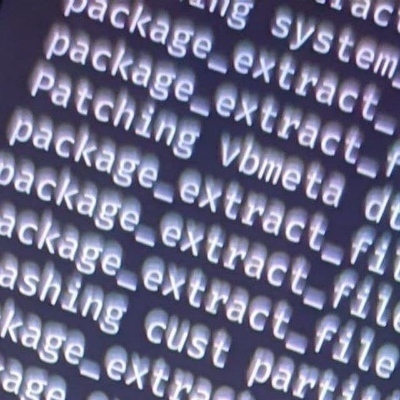- cross-posted to:
- [email protected]
I’m really excited for this. If it lives up to the hype I think it could become the defacto filesystem some day.
BTRFS, despite being a great filesystem, got a bad rep mostly due to its poor RAID5/6 implementation. It also lags behind in performance in many configurations and has been mostly relagated to a specialty filesystem. While it could make a great root filesystem few distros have adopted it as such.
ZFS has been similarly pigeon holed. It’s typically only used for building large arrays because it’s not very safe when used on a single device (edit: After some research this may not be true and is probably outdated or incorrect info stuck in my head) . It also lacks a lot of the flexibility of BTRFS, though you could say it trades flexibility for reliability.
bcachesfs on the other hand feels like it has the potential to be adopted as a root file system while also providing replication, erasure coding, high performance and snapshots; something that no filesystem has managed to date, at least on a wide scale.
ZFS was pigeonholed? That’s news to me. It’s used on datacenter storage solutions everywhere.
Pigeonholed on Linux because of the incompatible license. It can’t be a part of the kernel. No technical reason it can’t, only legal reasons it can’t.
I was referring to its lack of use as a root filesystem. It’s primarily used for large storage arrays both at home and in data centers.
It’s not a great choice for everyday use, that’s why. It’s a fine solution for scaled storage that makes it more performant on large disk arrays though.
What makes you question zfs safety on single devices?
Honestly this is probably me going off of outdated or even incorrect information. The fact that it has little adoption for that use case or as a root filesystem is probably the larger factor.
It’s been awesome to see Ubuntu embrace it over the last few releases though and that’s certainly starting to change things but since it’s not part of the Linux kernel that gives most other distros pause I think.
The lack of adoption is more about nervousness around who created it more than anything. It’s incredibly stable and very well tested.
It’s a shame because openzfs is really truely fantastic, so hoping this new thing keeps that momentum but for a wider audience.
But sad to see people like yourself suggest myths around zfs that don’t have any basis, probably one of the other reasons it’s less used, people think there must be some reason and things get made up along the way
Yeah. I only use it in Fedora because it was one of or the default partition scheme or the recommended one, can’t remember. But I’m impressed with it, actually. Enough to make me try to learn the basics, in case I have to install another distro.
Fedora adopted it as default with Fedora 33. SUSE has been using it as default for many years now. Facebook is one of the largest users and contributors to btrfs. It’s a solid filesystem when it’s not used to do things it warns you not to do.
It’s not that I don’t trust it. I’m sure some years ago it was the base of some distro in my laptop. The thing is I’m more old school in terms of filesystems and partitions. I need to learn how to use it properly to enjoy its advantages.
I was just adding context to the Fedora part of your statement. Honestly, Fedora has some work to do in order to really leverage it fully. When they fully integrate snapper, or something like it, then it will be actually using the benefits of btrfs imo.
I’m a happy btrfs user, but it’s most definitely a great thing to see what seems like a really clean implementation like this that is able to learn from the many years of collective experience with ZFS and btrfs.
I’m always nervous when hearing about new filesystems since a certain high profile news incident a several years back.
I really, really, really hope that Kent Overstreet has a really good relationship with any partner or spouse he may or may not have.



